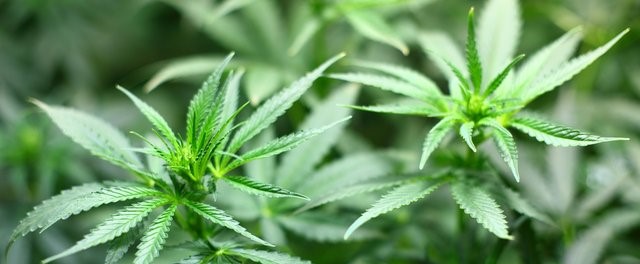
Is Marijuana Legal in Pennsylvania?
Much was made about the recent medical marijuana bill signed into law by Governor Tom Wolf on April 17, 2016. Some thought this legalized all forms of marijuana, while others wondered at how strict the guidelines will be to receive medical exemptions. And while media reports debated how this will affect residents of Pennsylvania, the law will not be fully implemented until at least 2018.
But what does this law mean to you?
Facts About the New Marijuana Law
First the facts. This law allows individuals with certain medical conditions to receive medicinal marijuana treatments. This legislation is comprehensive, involving the establishment of applications, ID cards, a state-wide regulatory system for growing and dispensing marijuana, and a Medical Marijuana Advisory Board. Most of these regulations will come from the state’s Department of Health, who will be responsible for establishing and overseeing the new Medical Marijuana Program.
Timeline for the Medical Marijuana Program
By signing the bill into law in April 2016, Gov. Wolf did not instantly make marijuana legal in Pennsylvania. Rather, a whole host of regulatory systems and guidelines need to be established, which will take anywhere from 18-24 months to complete.
Temporary guidelines were announced by the Department of Health in June 2016. Starting this month, parents and caregivers can apply for a Safe Harbor letter, which gives them permission to administer medical marijuana to minors. There are several restrictions:
The Health Department hopes to have temporary regulations ready by the end of 2016 for growers, dispensaries, physicians, and patients. The full slate of guidelines and laws will likely not be complete until 2018.
How Does the Medical Marijuana Law Impact You?
From a legal perspective, it is important for us to reiterate that this law is not a sweeping legalization of all forms of marijuana usage; there are only certain medicinal situations that will qualify for this, and they will be tightly controlled by the Department of Health. Growing and selling cannabis will be even more regulated, with a lengthy application process and fees that start at $210,000.
The standard state and federal drug laws still apply in Pennsylvania, and won’t change because of this law. Possession of marijuana with the intent to distribute is a felony; this even applies to selling one joint to a friend. In addition to fines and jail time, you will lose your PA driver’s license if you are convicted of possession with intent.
So while you may have heard that this marijuana bill legalized the drug in Pennsylvania, in reality the law is much more narrow. That means marijuana is still considered a Schedule I controlled substance, and possessing it with intent to sell is considered a felony in Pennsylvania.
For more, watch Jeff Conrad’s recent interview on WGAL concerning the Safe Harbor letters.

